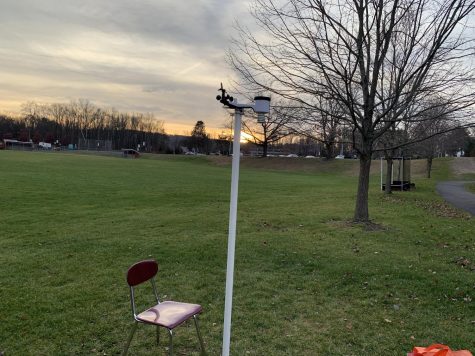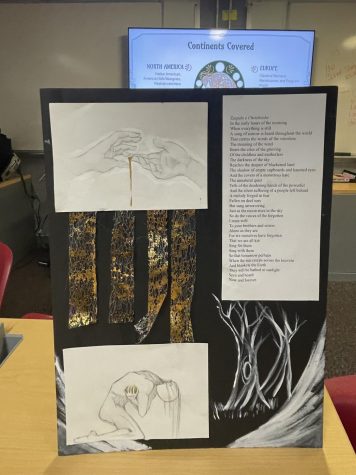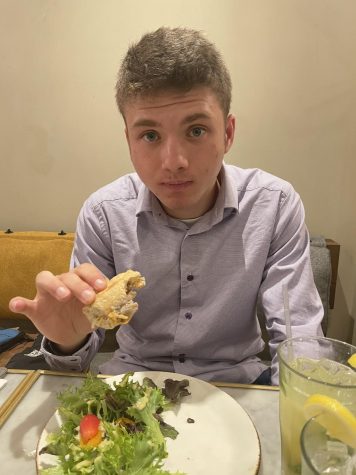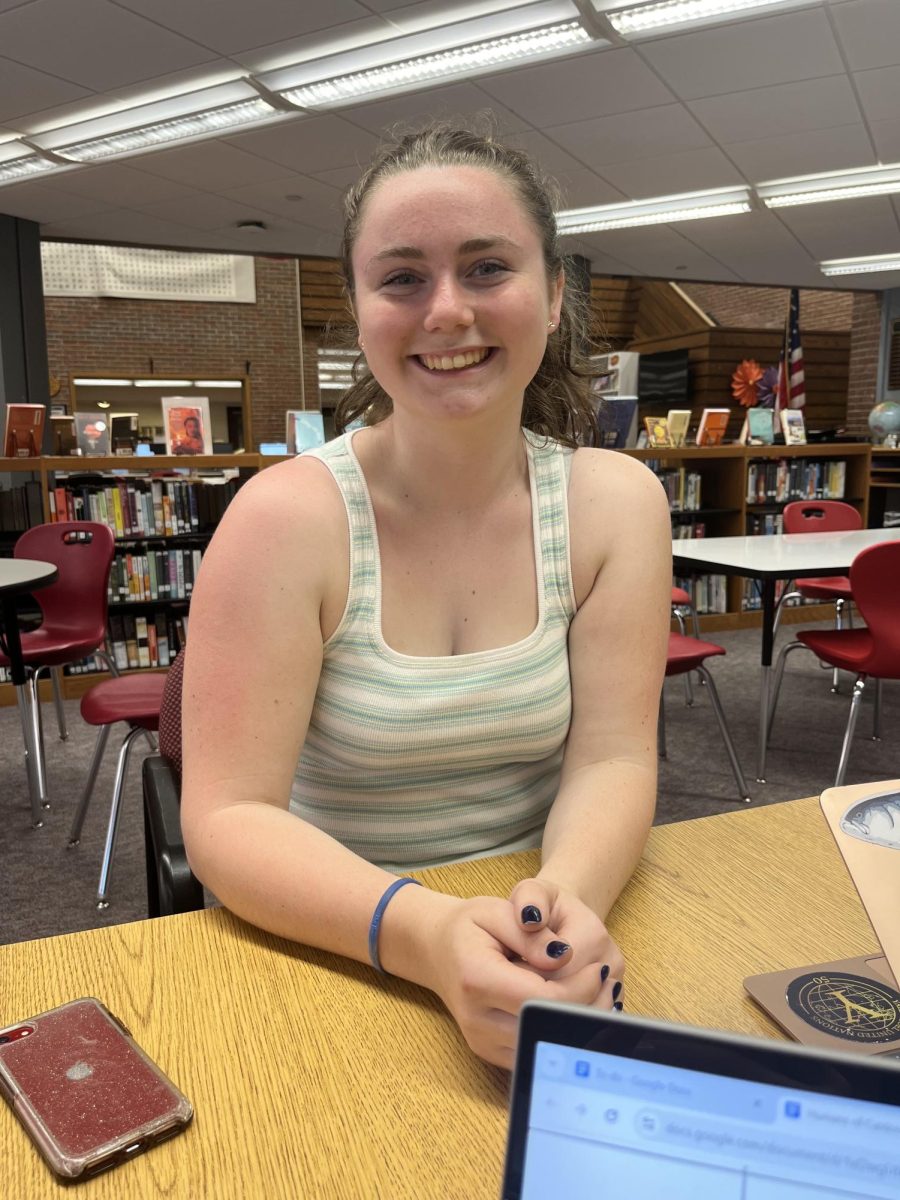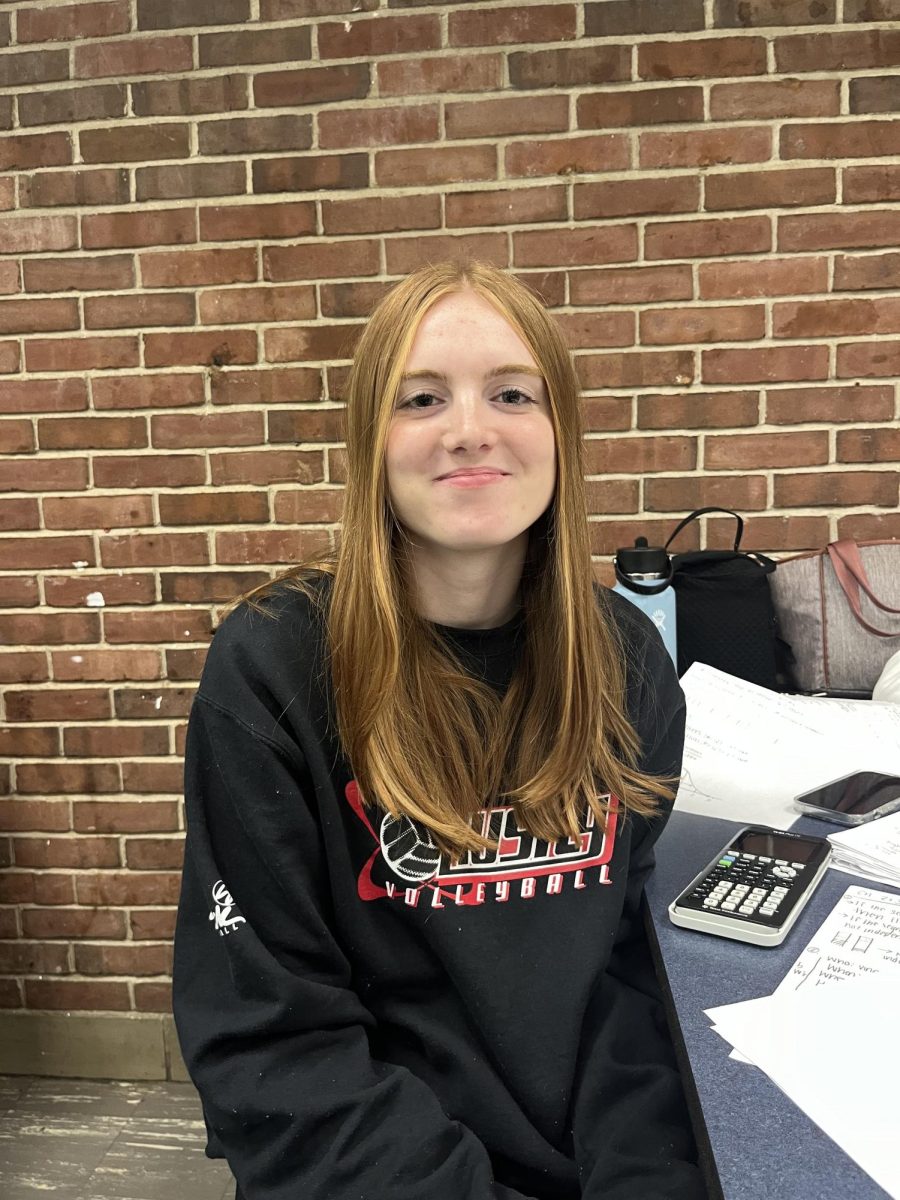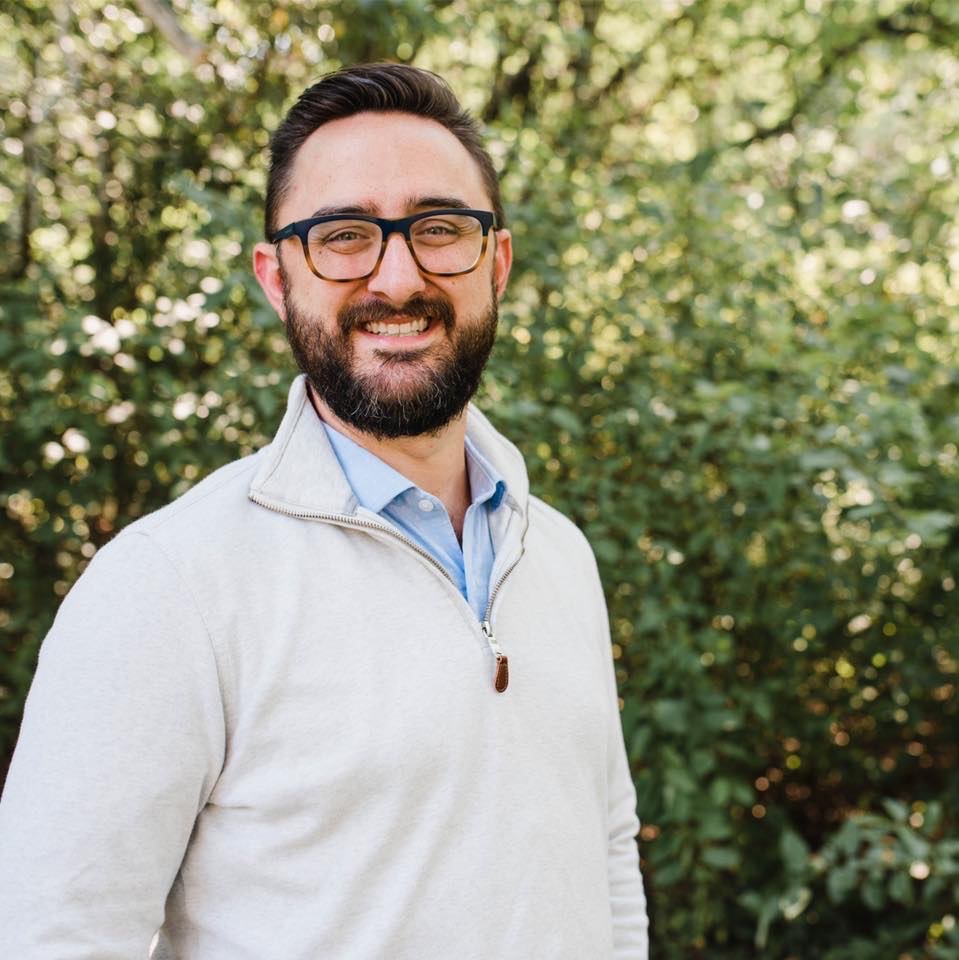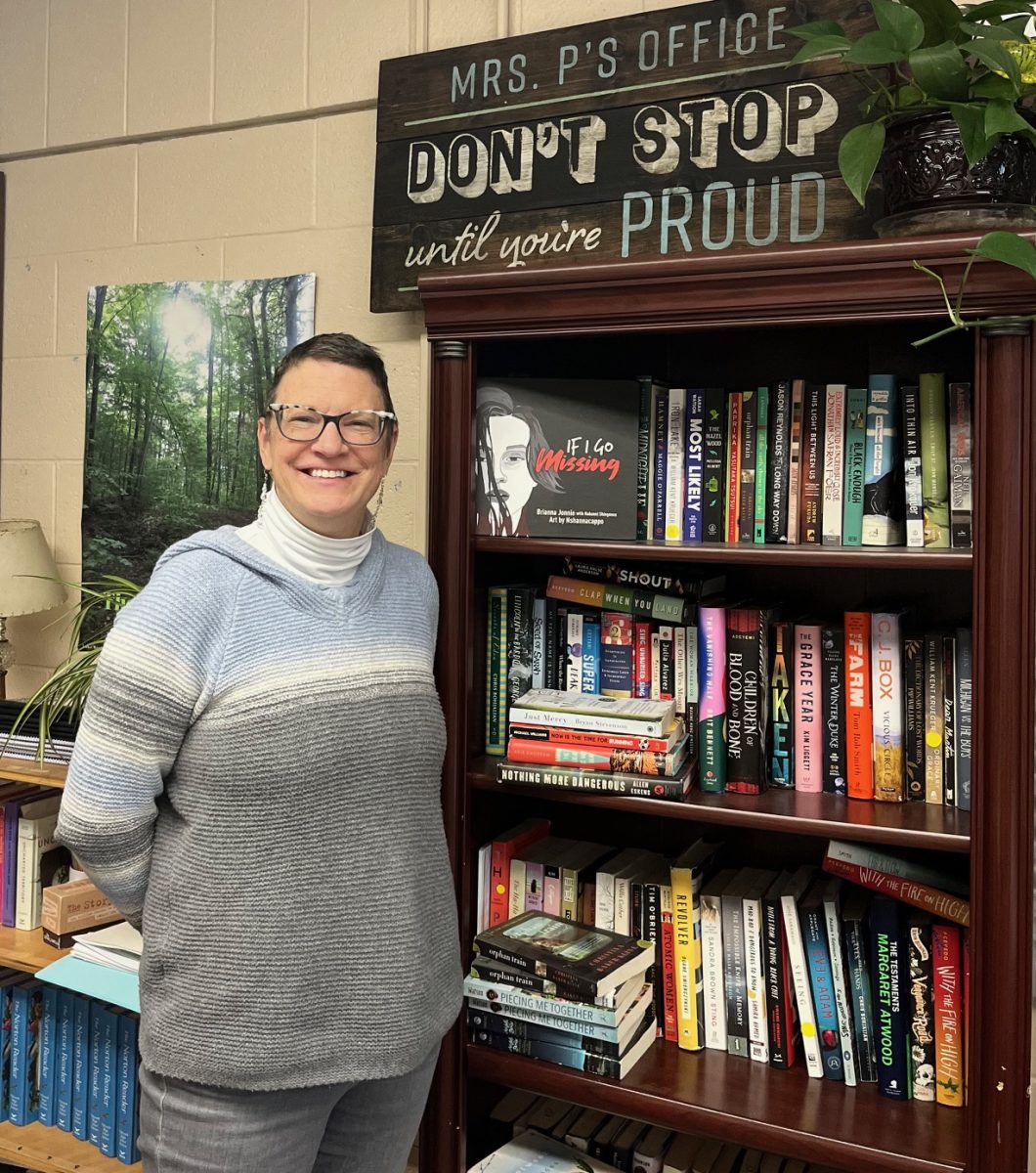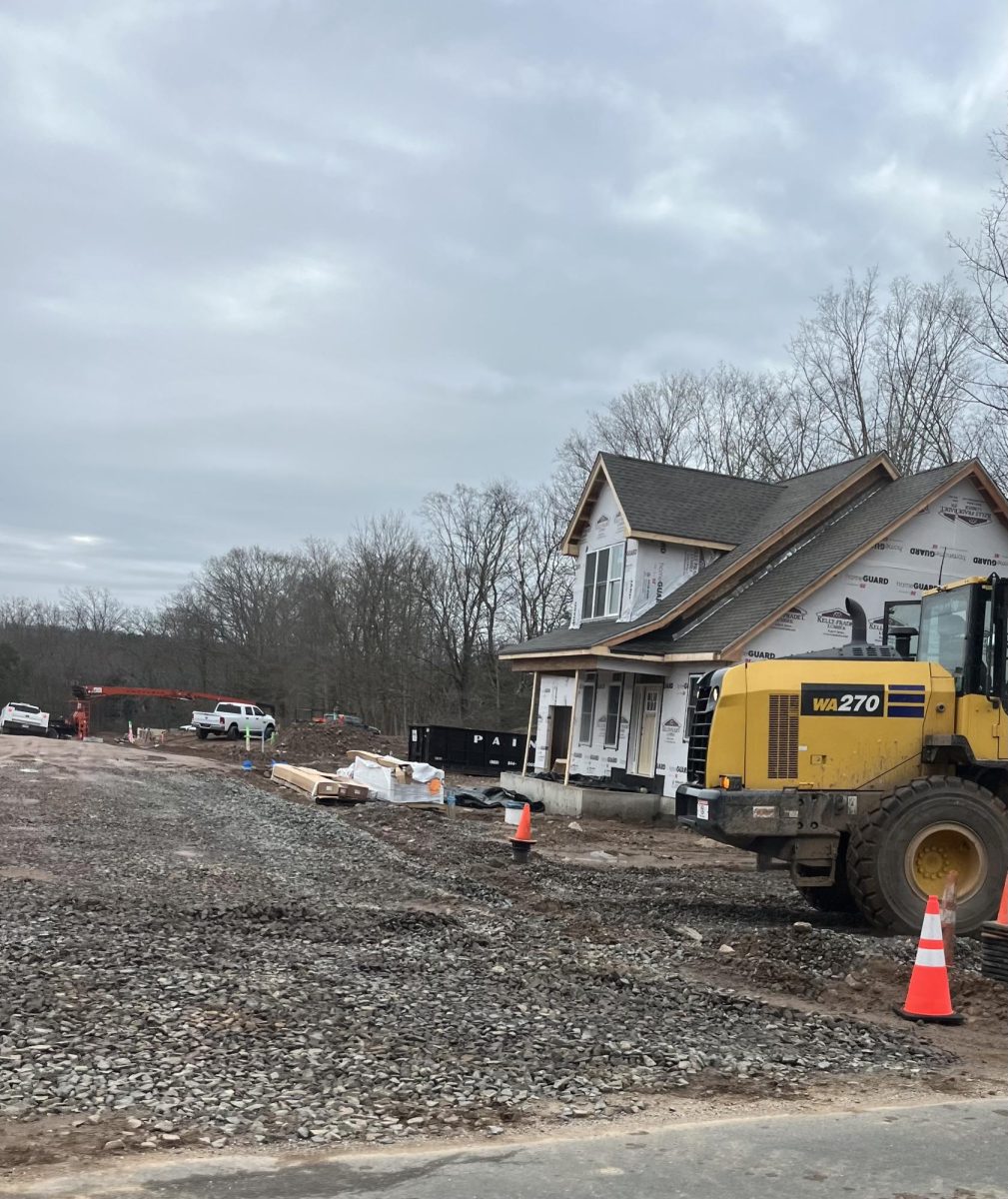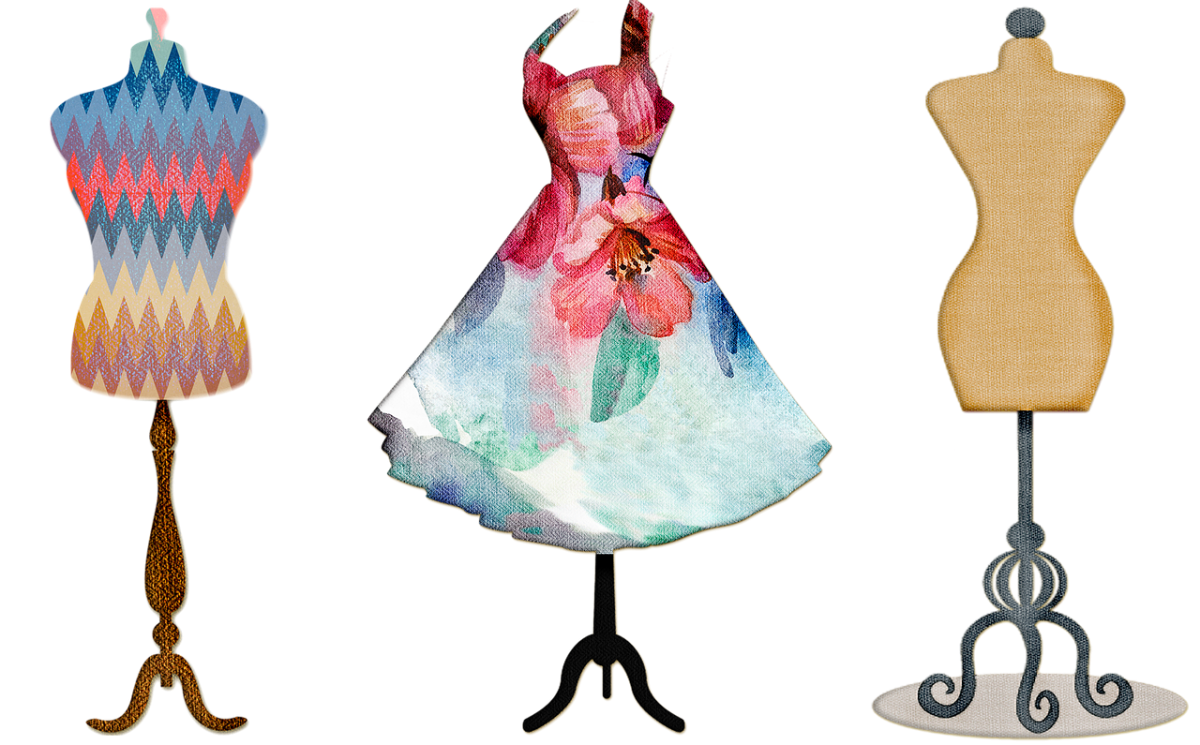CHS CAMP Projects
February 1, 2023
Every year, seniors at Canton High School are tasked with completing a Canton Mastery Project, commonly referred to as CAMP. CAMP is a semester-long course and allows students to pick any topic or area of interest, with the ultimate goal of creating a product that is presented to an audience of fellow students, teachers, mentors, and other members of the community at the culminating “CAMP Expo” at the end of the course.
Throughout the process, students are employed to think about the CHS Vision of a Graduate, specifically focusing on how their projects display their ability to think creatively and critically, communicate effectively, and collaborate, all while embodying the traits of compassionate citizens.
CAMP gives students the freedom to explore their interests and what they are passionate about, which is why so many students find the course fulfilling. Juan Marcos Palomo created a short documentary about the Canton Boys Soccer Team including “interviews, game footage, and behind-the-scenes content.” Juan said that CAMP “allowed [him] to explore [his] passion and potential career choice.”
What’s truly great about CAMP is the diversity of each student’s project. Just this year alone, the senior class had projects ranging from learning to drive stick shift, building a computer, arranging a jazz piece, and creating a website voter information more easily accessible, just to name a few. The uniqueness of each student really shines in each respective project, making the “CAMP Expo”—held on January 19—such a captivating experience.
The senior capstone project marks the ultimate balance between allowing students to explore something we are interested in while solidifying skills that we can use in years to come. Olivia Daigneault agrees with this concept noting that the “CAMP project itself is a really great way for students to explore their passions in a school environment while also gaining skills they can use in the adult world.”
Taylor Kim also touched on the idea of building important life skills. Taylor enjoyed the independent nature of his career study on Pathology. Taylor thought this “provide[d] a sense of independence and prepare[d] students for what it is like to complete larger projects with minimal help from a teacher.”
While completing their projects, the students were tasked with finding a mentor to help guide them. Reaching out to these mentors not only helped perfect the students’ social skills and ability to communicate effectively with others, but it also helped them learn more about their projects and areas of interest. For Jonah Hurley, this meant being able to shadow a meteorologist from the Boston National Weather Service, something he says he “would have never done by [himself] without CAMP class.”
Shown below are pictures of a couple senior’s projects and a description of them!
